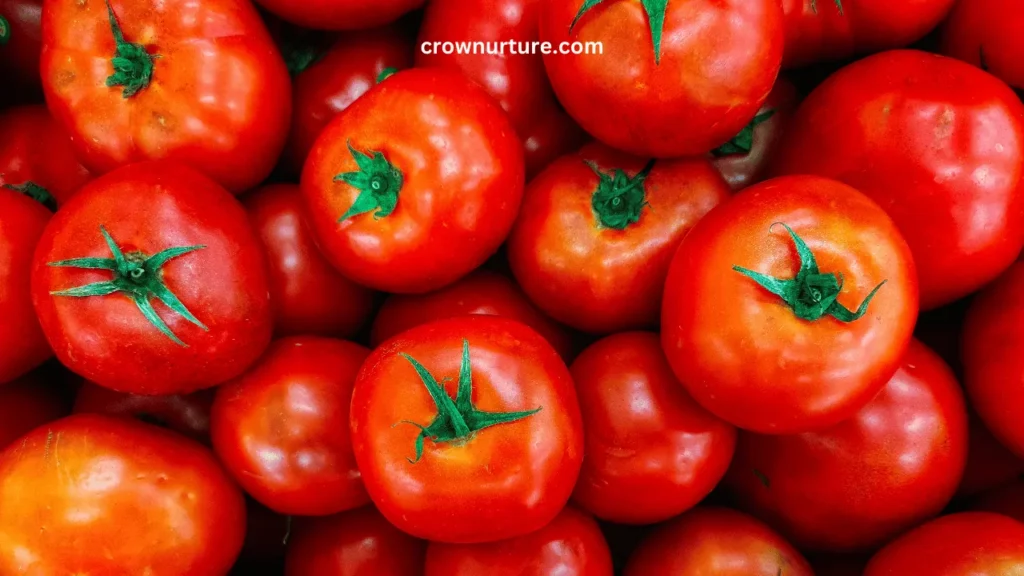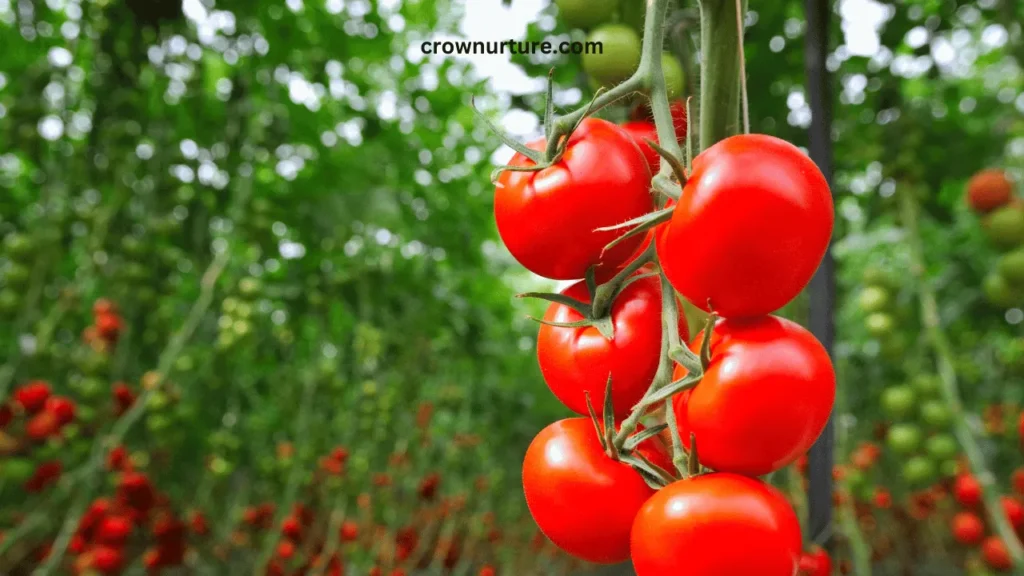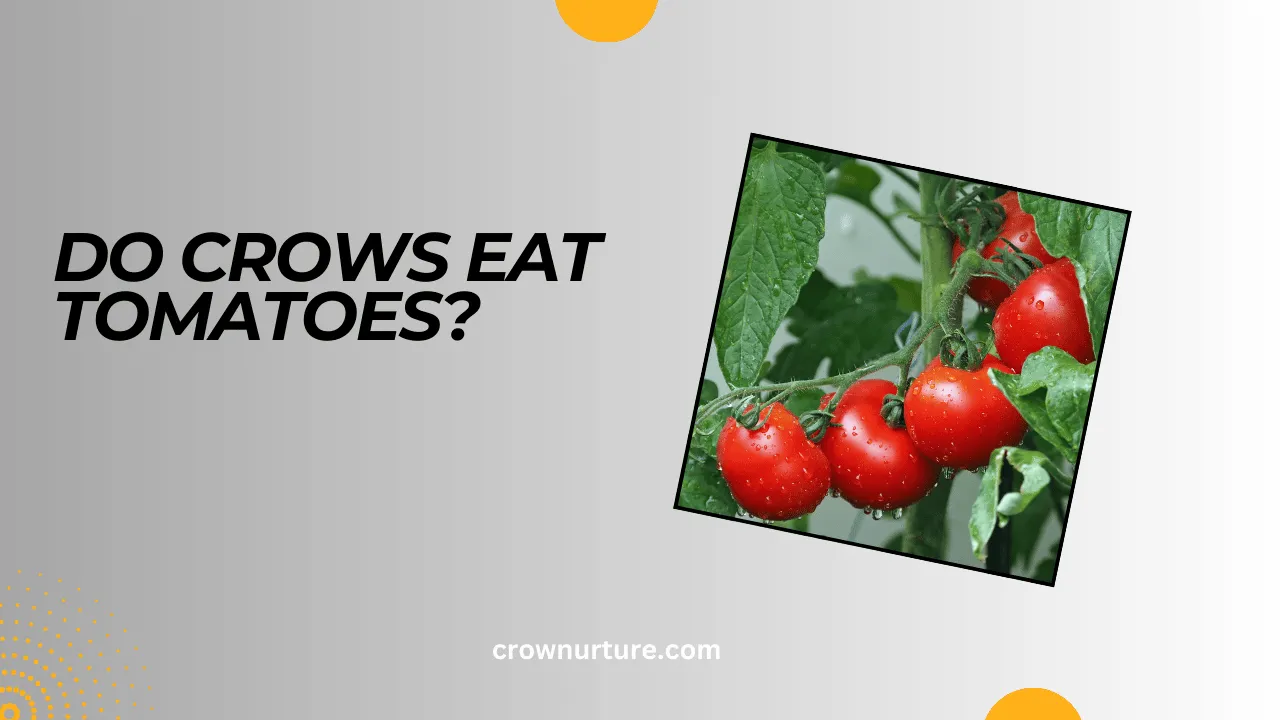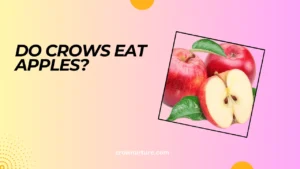Crows are often admired for their intelligence and resourcefulness, making them one of the most adaptable birds in the animal kingdom. With their diverse and ever-changing diet, it’s no surprise that these birds can be seen feasting on everything from insects to scraps left by humans.
But what about tomatoes? Do these birds have a taste for the juicy, red fruit that many of us enjoy? Understanding whether crows eat tomatoes involves looking at their omnivorous nature, their foraging behaviors, and their adaptability when it comes to food choices.
With their ability to eat a wide variety of foods, tomatoes might seem like an appealing option. But is it a common part of their diet? This article will explore the various factors influencing crows’ potential interest in tomatoes, from nutritional value to foraging patterns.
We’ll also dive into the research that sheds light on their consumption of fruits, including tomatoes, and discuss how they interact with crops in the wild and gardens alike.

Contents
1. The Crow’s Diet: A Versatile Eater
Crows are omnivores, which means they consume both plant and animal matter. They have a wide range of food sources, from seeds and fruits to insects and small animals. This dietary flexibility allows them to thrive in various environments, from urban cities to rural farmlands.
Their adaptability to different environments is a key factor in their survival. In the wild, they feast on leftovers, carrion, and whatever food is available. In urban areas, they might scavenge food scraps from humans, adding to their already extensive diet.
Crows are opportunistic feeders, always on the lookout for easy and nutritious food. Tomatoes, as a soft fruit, could potentially fit into their broad diet, depending on what’s available to them.
2. The Nutritional Value of Tomatoes
Tomatoes are packed with vitamins and minerals, such as vitamin C, potassium, and lycopene, making them an attractive food source for many animals, including crows. The high water content of tomatoes also provides an additional benefit, keeping crows hydrated during warmer months.
Tomatoes also have a moderate sugar content, which may appeal to crows looking for an easy energy boost. While sugar may not be a primary nutrient for crows, it can certainly be an enticing component of a fruit-based snack.
Considering their need for varied nutrients, it’s possible that crows might consume tomatoes if they’re accessible, especially when other foods are less available.

3. Crow Foraging Behavior
Crows are well-known for their opportunistic feeding habits. They use their sharp visual cues to spot potential food sources, often choosing items based on color, size, and availability. Since tomatoes are visually striking with their vibrant red color, it’s likely that crows could be attracted to them.
Their keen eyesight helps them locate ripe fruit hanging on plants or scattered on the ground. Social learning also plays a role in crow foraging, as younger crows learn from older, more experienced individuals about where to find food and what to eat.
Crows’ ability to adapt their feeding strategies ensures they can exploit a wide range of food sources, including tomatoes when they’re available.
4. Studies on Crow Fruit Consumption
Studies on crow diet have found that these birds consume a variety of fruits, especially during certain times of the year. The availability of ripe fruit can influence their food choices, with crows preferring those that are easy to access and consume.
However, while crows have been observed eating various fruits, there is limited specific research on tomato consumption. Some studies suggest that crows might be more likely to consume fruit that is already overripe or fallen to the ground, as it’s easier to access.
The consumption of tomatoes by crows may depend on the ripeness of the fruit, accessibility, and the presence of other food sources nearby.
5. Potential Benefits and Drawbacks of Tomato Consumption for Crows
Tomatoes offer potential nutritional benefits to crows, including essential vitamins, minerals, and hydration. They can provide a quick source of energy, especially when other food sources are scarce.
However, there are also potential risks involved in consuming tomatoes. For instance, if tomatoes have been treated with pesticides, crows could be at risk of exposure to harmful chemicals. Additionally, consuming too many tomatoes may cause digestive issues, as it is not a primary food source for them.
While tomatoes are not a harmful food for crows in moderation, it’s important for them to have a balanced diet with a variety of foods to ensure their health.
Conclusion
While crows are highly adaptable feeders and enjoy a diverse diet, tomatoes may not be a regular part of their menu. However, when available, they can certainly enjoy the nutritional benefits that tomatoes offer, especially if the fruit is ripe or easily accessible.
Crows’ opportunistic behavior and ability to consume a wide variety of foods ensure that they will take advantage of tomatoes when they can.
For gardeners or farmers concerned about crows and tomatoes, it’s clear that these birds are capable of accessing the fruit. However, their impact on tomato crops can be mitigated with a few simple protective measures, ensuring that crows don’t pose a significant threat to your harvest.
In the end, understanding crow feeding habits and their preferences, such as the occasional tomato, helps us better appreciate the role these birds play in our environment.
FAQs
1. Do crows eat tomatoes from gardens?
Yes, crows may be attracted to tomatoes, especially if they are ripe or fallen from the plant.
2. Are crows a threat to tomato crops?
Crows can sometimes damage tomato crops, particularly if other food sources are scarce.
3. How can I protect my tomato plants from crows?
Use bird netting, scarecrows, reflective tape, or bird repellent sprays to keep crows away.
4. Do crows eat cherry tomatoes?
Yes, crows can eat cherry tomatoes, especially when they are ripe and accessible.
5. Are crows beneficial to the environment?
Yes, crows play an important role in pest control and seed dispersal, benefiting ecosystems.
6. Do crows prefer ripe tomatoes?
Crows are more likely to eat ripe or fallen tomatoes, as they are easier to access.








